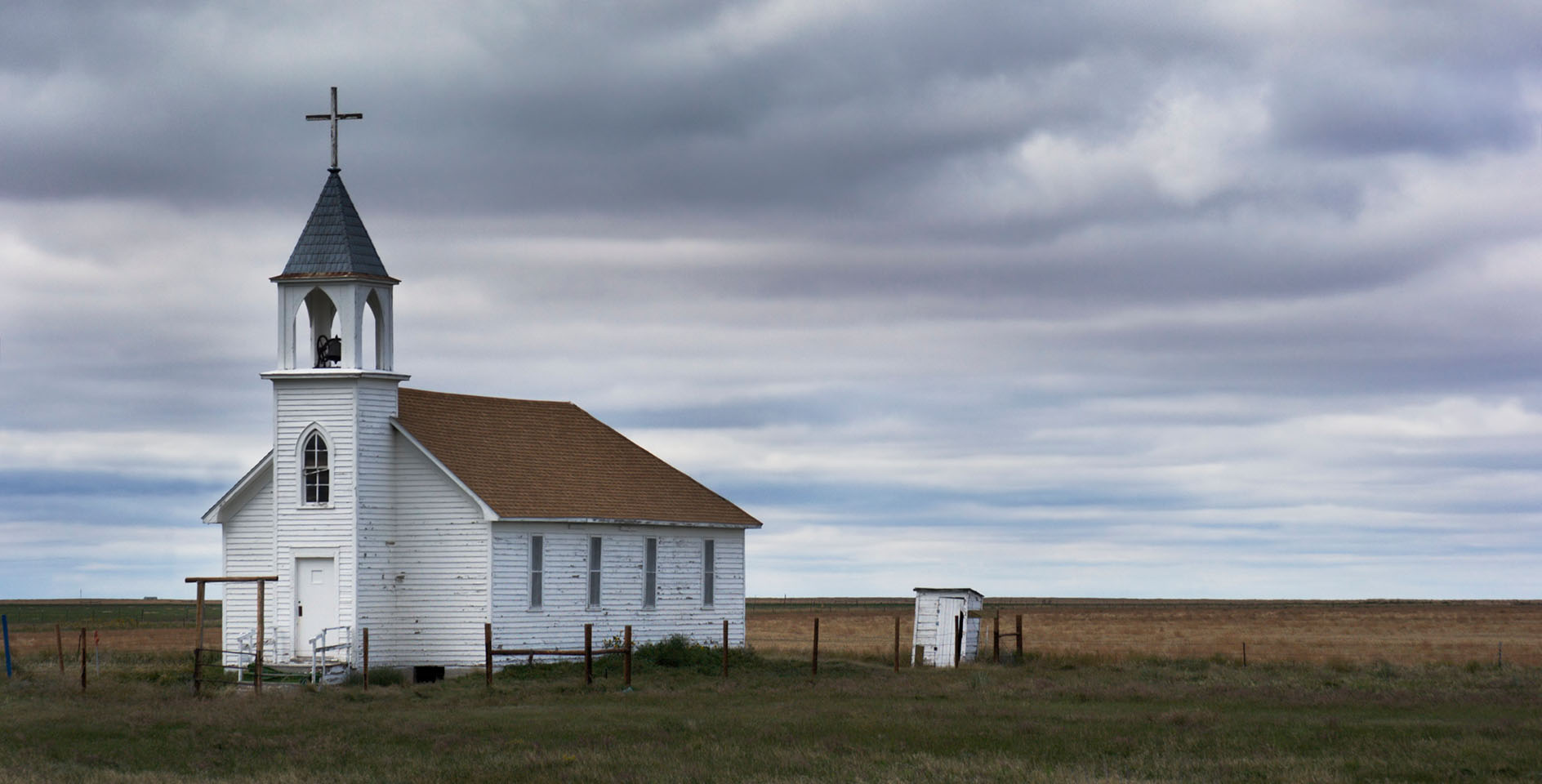Isaac Backus (1724–1806) has been described as the preeminent champion of religious liberty in America since Roger Williams. As a Baptist in New England, it is not surprising that Backus drew upon the tradition of Williams in formulating his views on religious liberty and how the church and state relate to one another. Yet, for Backus and early Baptists, these ideas were not detached from their views on the church. Baptists viewed subjects such as liberty of conscience and the separation of church and state as much a part of church polity (governance) as regenerate membership and believers’ baptism.
Backus published many writings on the church and models for contemporary Baptists how to think about polity, biblically and consistently. He wrote on these issues as a minister in Massachusetts where the Congregationalist Church enforced strict order. Backus’ faithful ministry in a hostile environment provides modern Baptists with a model to follow in how to be faithful to our Baptist distinctives while being good citizens. Backus shows us three areas in ecclesiology where Baptists need retrieval.
Covenant Theology
Isaac Backus grew up in a nominal Congregationalist home. He and his family were brought to faith in Christ due to the first Great Awakening and the preaching of men like George Whitefield. Later, Backus and others withdrew from the Congregationalist church to form a Separatist church. Though he was baptized by immersion in 1751 due to biblical conviction, his church was still practicing paedobaptism. The deeper that he studied Scripture and wrestled with the biblical teaching on the covenants, the more he realized that the sprinkling of infants could not be biblically supported.
In January 1756, Backus and five others signed a church covenant constituting as a Baptist church in Middleborough, Massachusetts. Backus wrote a pamphlet later that year defending his Baptist views. His defense of the Baptist way arose out of an exposition of Galatians 4:22-31 regarding the bond woman and the free woman. Backus distinguished the Jewish church (Old Testament Israel) and the Christian church (New Testament assembly) based upon the covenants of Scripture. In his exposition of the text, Backus demonstrated how infant baptism arose from a blurring of the distinction between the Jewish church and the Christian church.
Baptist ecclesiology is historically rooted in covenant theology which guides believers in how to read the Scriptures and put the redemptive story together in light of the covenants. It also forms a key component in understanding the nature of church. Backus demonstrated that membership in the covenant community in OT Israel does not transfer over to the NT church. The new covenant community contains many differences (though some similarities) with the old covenant community. Covenant theology protects us from equating nations as modern Israel by showing that the covenant community now is the NT church, not a political nation. Baptist covenant theology framed the new covenant of the church which requires that the covenant community consist only of the regenerate.
Regenerate membership
Flowing out of Baptist covenant theology is the Baptist distinctive known as regenerate church membership. From the beginning of the Baptist movement in 17th-century England, Baptists championed that the church is made up of believers only, not believers and their children. A person entered the covenant community based upon being born again, professing faith in Christ, and then being baptized upon their profession of faith. For Backus and other Baptists living in areas that were under the jurisdiction of establishment paedobaptist churches, their insistence on regenerate membership was linked with church autonomy. Since each church was composed of true believers, they could determine who was a member of the covenant community, ordain their ministers, and discipline any church member who walked waywardly.
The first pamphlet Backus published argued that the same God who calls sinners unto salvation also calls ministers to gospel ministry, not the establishment church. Launching from that point, Backus noted how each church possessed a right to call men and govern their own affairs. A church composed of a mixed multitude could not do this properly. However, a covenant community that based membership on regeneration and then baptism would be guided by the Holy Spirit and could make biblically wise decisions.
Baptists today need a real recovery of regenerate membership. Baptist polity is unsustainable if churches do not insist on the reality of the new birth as a prerequisite to baptism and admittance into a local church. Baptist churches do not proclaim to be infallible in their admittance of members. Hence, churches practice church discipline and are forced at times to remove fellowship from members. This commitment to Baptist polity fueled evangelism and church planting as exemplified by Backus traveling to the South to preach the gospel in Virginia and North Carolina in 1789. A recovery of healthy Baptist churches will include a recovery of regenerate church membership.
Religious liberty
Backus’ greatest legacy is one of fighting tirelessly for religious liberty. Even before becoming a convictional Baptist, Backus spoke against the abuses of the establishment church in Massachusetts. In 1749, Backus was thrown in prison for refusing to pay the state church tax, and his widowed mother would be imprisoned for a similar reason in 1754. This did not stop him from arguing the case that there should not be a state supported church maintained by the taxes of the local citizens. Backus did not believe that Baptists should retreat and live as hermits. On the contrary, the push for religious liberty deepened the bonds between Baptist churches in New England. Backus led his church to join the Warren Association of Baptist Churches.
Out of this association, he would be elected as a representative to argue for religious liberty before the Continental Congress that met in 1774. Backus would also petition and press for religious liberty to the Massachusetts General Assembly in 1775 and 1778, and he wrote out a proposed Bill of Rights in 1779 for a new Massachusetts state constitution. Finally, in 1788, Backus would be elected as a delegate to the state convention that adopted the Federal Constitution. In all these activities, Backus was a constant champion for the cause of religious liberty and that the church and state were separate entities. As his own life showed, this did not mean that Backus believed believers should retreat from the religious square. Backus believed that a society should be governed by virtue and morality that flowed from God’s standard.
Baptists need to recover this spirit that speaks out as good citizens for what is morally good and promote the common good. Backus did not envision a nation that was governed by a pagan mindset. However, Backus also was not seeking to create a Baptist nation either. In his speech before the Massachusetts Convention that debated the proposed Federal Constitution, Backus supported the prohibition of religious tests for federal officeholders. Backus stated, “that religion is ever a matter between God and individuals” and the state should not be governed as if it were the church. In that moment, Backus championed separation of church and state and religious liberty for all.
Baptist polity is rooted in understanding the difference between the state and the church. The church is the new covenant community made up of the regenerate who are then immersed and admitted into membership. A commitment to regenerate membership ensures robust evangelism and a desire for the purity of the church. Backus exemplified Baptist polity by arguing for the church’s freedom from state control while maintaining a godly witness in the public square. In the 21st century, Baptists need their 18th-century forebears to remind us of the Baptist way.










